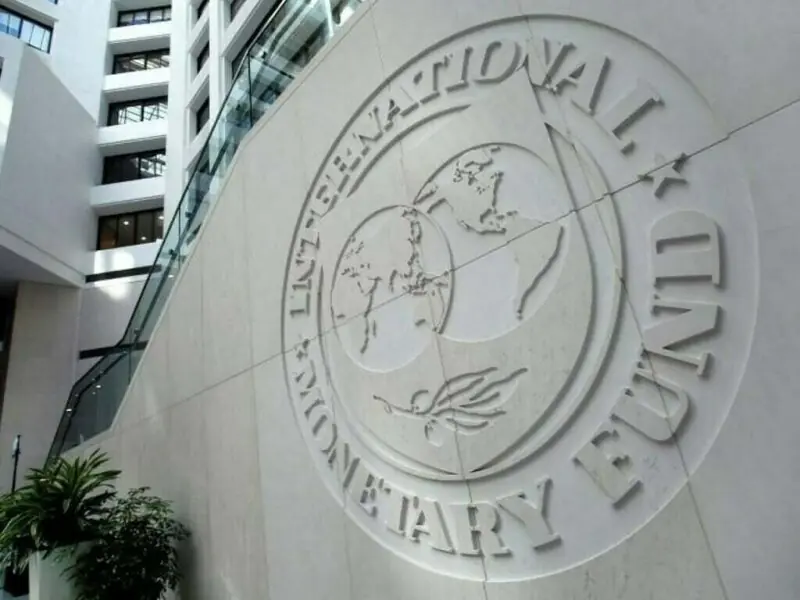The International Monetary Fund (IMF) has revealed the scale of elite capture across Pakistan’s most influential sectors, warning that entrenched interests in key sectors, including sugar, real estate, agriculture and energy, continue to undermine the country’s reform trajectory.
The Technical Assistance Report, Pakistan Governance and Corruption Diagnostic Assessment, released on the Finance Division website late Thursday night, singles out the sugar industry as a textbook example of how the intertwined relationship between economic elites and state regulators combines to capture public benefits at a deep cost to the overall public.
“Firms in the sugar sector benefited from favourable government policies, subsidies, and regulatory loopholes for decades, mainly due to the nexus between industry magnates and political leaders,“ it said.
“Sugar mill owners, many of whom hold government positions, have ensured highly ‘recommended’ prices for sugarcane and protective tariffs, keeping their operations profitable at the expense of competitiveness,” said the IMF.
The term elite capture is used to describe the process where powerful, wealthy, or politically connected groups manipulate public policy and resources for their own private gain, often at the expense of the general public. The result is that development and resources are ‘captured’ and disproportionately flow to the elite.
“They have also influenced export and pricing policies to their advantage. In 2018–19, a government decision allowed significant sugar exports, even subsidising them, which created domestic shortages and price spikes for consumers,” it noted.
Similar patterns of privilege are evident in real estate, where generous tax exemptions erode revenues, the IMF notes.
“Until recently, agricultural income has not been taxed, while real estate, manufacturing, and the energy sector continue to benefit from favourable taxation arrangements,” the report noted.
IMF said that the revenue loss from such tax expenditures is substantial, with the government itself estimating costs at 4.61% of GDP in FY 2023.
“This pattern of preferential treatment contributes significantly to Pakistan’s low tax-to-GDP ratio and fiscal challenges. The selective and arbitrary enforcement of laws and policies enables powerful forces to shape economic decisions and influence economic possibilities for both public and private parties,” it said.
The Fund noted that historically, Pakistan’s economic elite consolidated power through their control over land, a legacy shaped by colonial policies that favoured landowners.
“Following independence, the continuation of these policies further entrenched elite control over land and broader economic activity,” it said.
Citing a 2020 UNDP report, which estimated that the “elite privilege” amounted to $4.7 billion for the corporate sector alone.
The IMF cautions that without dismantling these privileges, Pakistan’s economic stabilisation efforts risk being repeatedly undone by vested interests that have long shaped the country’s political economy.


